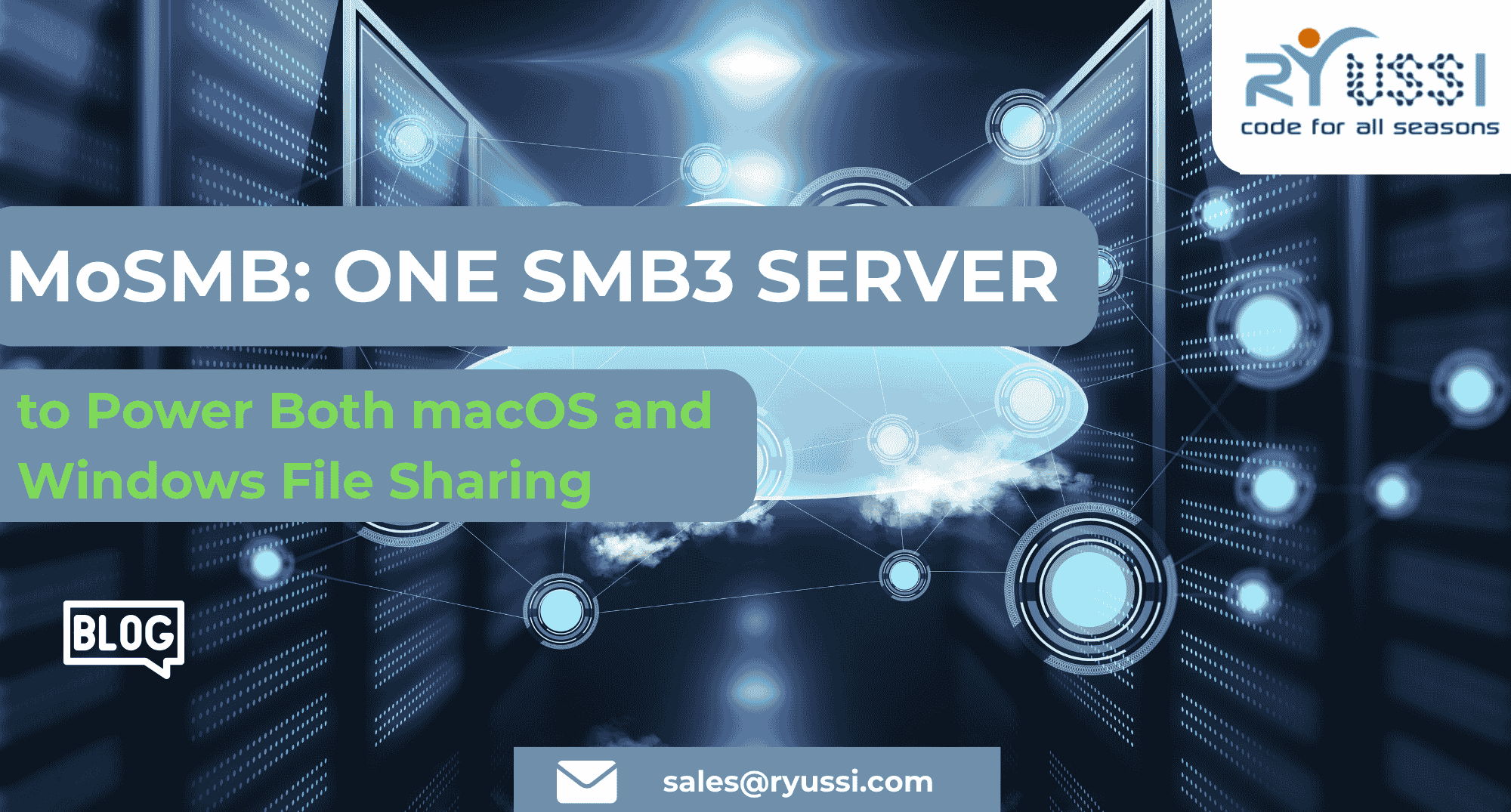
SMB3 vs. Traditional Protocols: A Comparative Analysis for Media Workflows
In the realm of media workflows, efficiency and reliability are paramount. Whether you’re a small media production house or a large broadcasting corporation, the choice of file-sharing protocols can significantly impact your productivity and the quality of your final output. One of the most critical decisions in this regard is choosing between SMB3 (Server Message Block version 3) and traditional protocols. Let’s delve into a comparative analysis to understand which protocol suits the specific needs of media workflows better.
SMB3: Powering Modern Media Workflows
SMB3, the latest iteration of the Server Message Block protocol, brings a host of enhancements tailored to modern media workflows:
- High Performance: SMB3 offers superior performance, especially in high-bandwidth scenarios, making it ideal for transferring large media files efficiently.
- Security: With features like encryption and signing, SMB3 ensures data integrity and confidentiality, crucial for protecting sensitive media assets.
- Scalability: SMB3 is designed to scale with growing demands, enabling seamless integration with NAS (Network-Attached Storage) systems and cloud storage solutions.
- Cross-platform Compatibility: SMB3’s compatibility with various operating systems and devices makes it versatile for heterogeneous media environments.
- Advanced Features: Support for features like transparent failover, multi-channel operation, and Directory Leasing further enhances reliability and fault tolerance.
Traditional Protocols: The Familiar Choice
Traditional protocols like FTP (File Transfer Protocol) and NFS (Network File System) have been the backbone of media workflows for decades. While they offer familiarity and widespread adoption, they come with limitations:
- Performance: Compared to SMB3, traditional protocols may lack the performance optimizations needed for handling large media files efficiently, especially over high-latency networks.
- Security: FTP, in particular, lacks robust security features, potentially exposing media assets to vulnerabilities during transmission.
- Scalability: NFS, while offering decent scalability, may face challenges in heterogeneous environments and cloud-based workflows.
- Reliability: Traditional protocols may not offer the same level of resilience and fault tolerance as SMB3, making them susceptible to data loss or corruption in case of network interruptions.
Choosing the Right Protocol for Your Media Workflow
In the dynamic landscape of media production, choosing the right file-sharing protocol is crucial. Here are some considerations to help you make an informed decision:
Workflow Requirements: Assess your workflow’s specific requirements, including file sizes, transfer speeds, and security needs. SMB3 shines in scenarios requiring high-performance and robust security measures.
Infrastructure Compatibility: Evaluate your existing infrastructure and compatibility with different protocols. While traditional protocols may offer compatibility advantages in some cases, SMB3’s cross-platform support makes it a compelling choice for diverse environments.
Data Sensitivity: Consider the sensitivity of your media assets. If you’re dealing with highly confidential or sensitive content, SMB3’s encryption and signing capabilities provide an added layer of protection.
Future Scalability: Plan for future scalability and growth. SMB3’s scalability features make it well-suited for expanding media workflows, especially with the increasing adoption of cloud storage solutions.
Conclusion: Elevating Media Workflows with MoSMB SMB3 server
In the tug-of-war between SMB3 and traditional protocols for media workflows, SMB3 emerges as the clear winner, offering unparalleled performance, security, and scalability. By leveraging the advanced features of SMB3, media organizations can streamline their workflows, enhance productivity, and safeguard their valuable assets effectively.
At Ryussi Technologies, we understand the evolving needs of media professionals. Ryussi’s SMB3 server, MoSMB, is tailored to harness the power of SMB3, empowering you to optimize your media workflows and stay ahead in today’s competitive landscape.
Ready to elevate your media workflows with SMB3? Contact us at sales@ryussi.com today to learn more!
With MoSMB, unlock the full potential of SMB3 and revolutionize your media production journey.






